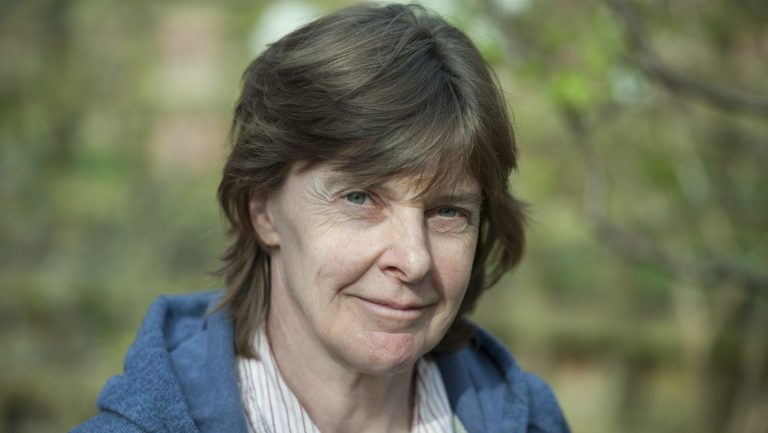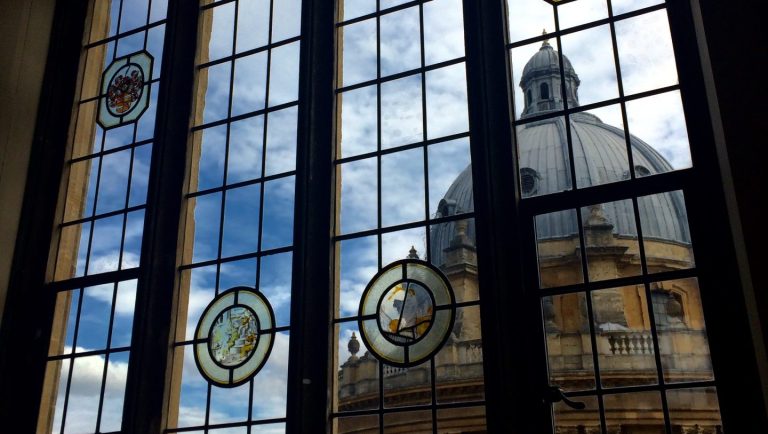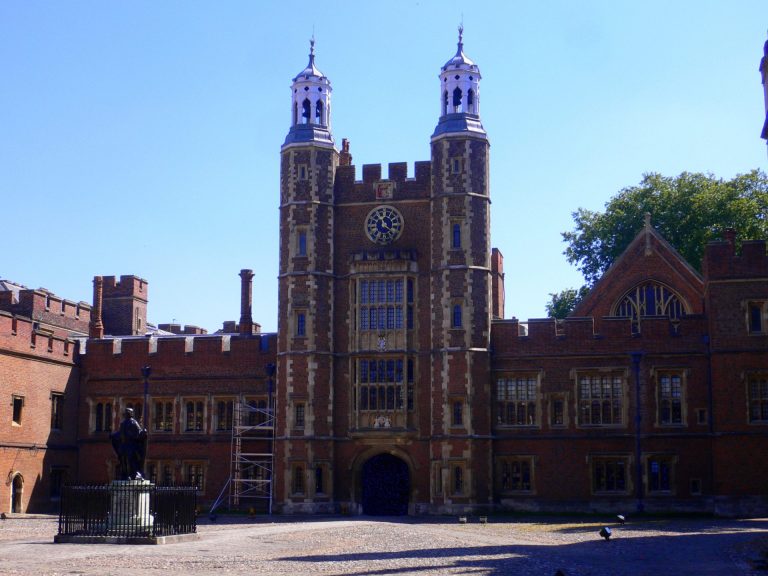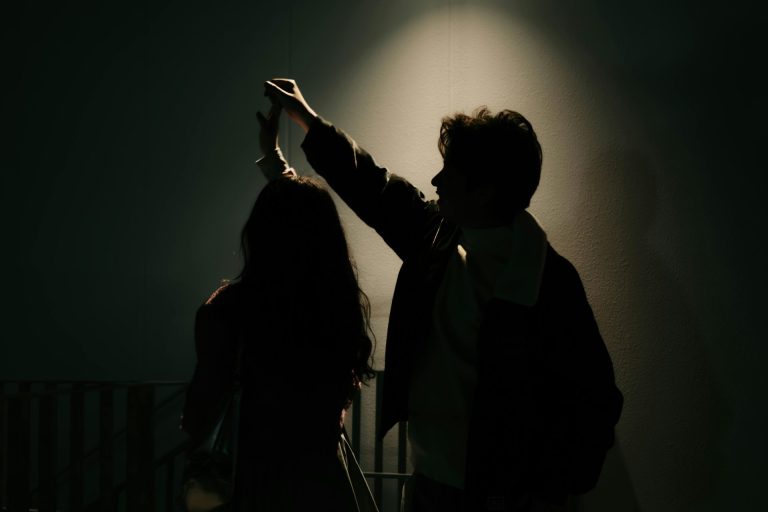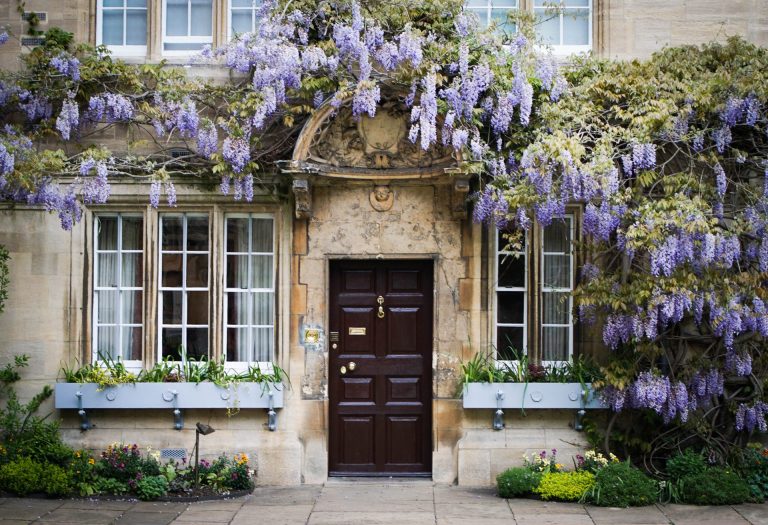Seven researchers and academics from the University of Oxford were recognised in the 2025 New Years Honours List, with one being awarded a DBE, another made a life peer in the House of Lords, and five others given OBEs. The awards recognise those who have made significant achievements in public life and committed themselves to serving the UK.
Professor Alison Etheridge – DBE
Professor Alison Etheridge was awarded a Dame Commander of the Order of the British Empire (DBE) on the New Years Honours List, one of the highest honours in the British honours system, for her service to mathematical sciences. Etheridge is a Professor of Probability at Oxford’s Mathematical Institute and Department of Statistics.
Reflecting upon her career, Etheridge told Cherwell: “Unlike research or teaching, it can be quite hard to point to particular achievements in this kind of service [Mathematical Sciences]. That can be frustrating, especially as it takes time away from teaching and research, both of which I enjoy. But over the last few days I have received a huge number of messages from colleagues, expressing their appreciation for the work that I have been doing for the discipline, and that makes it all feel much more worthwhile.”
Professor Nigel Biggar – CBE
Professor Nigel Biggar CBE, Regius Professor Emeritus of Moral Theology and Senior Research Fellow at the University of Oxford, has been nominated for a life peerage. He is to be styled the Lord Biggar, of Castle Douglas in the Stewartry of Kirkcudbright, and will be able to sit and vote in the House of Lords. In an interview with The Telegraph, Biggar affiliated himself with the Conservative Party.
Professor Biggar said that the grant of a peerage “marks the culmination of a forty-year journey through academe and the church into British public life. I am deeply grateful to have lived to see the day, and to have the opportunity to contribute my ethical expertise to Parliament’s deliberations and the Conservative Party’s intellectual renewal.”
Professor Nandini Das – OBE
Professor Nandini Das OBE, Professor of Early Modern English Literature and Culture in the Faculty of English and Tutorial Fellow in English at Exeter College, was appointed Officer of the Order of the British Empire (OBE) on the New Years Honours List for services to Interdisciplinary Research in the Humanities and Public Engagement.
Professor Das’ work centres on early-modern literature, prose-fiction (particularly chivalric romance), travel, migration, and cross-cultural encounters. Her publications include writings on Philip Sidney, Shakespeare, Cervantes, and other major 16th and 17th century authors.
For Das, the honour is “a recognition of the importance of these disciplines” because “these fields are often seen as luxuries, their value quantified and questioned in favour of more ‘practical’ disciplines – ironically dooming the former to become the possession of a privileged few.”
Paul Chapman – OBE
Paul Chapman, Senior Fellow in Operations Management at the Saïd Business School, was awarded his OBE on the New Years Honours List for services to Project Delivery.
Chapman set up Oxford’s MSc in Major Programme Management, a two-year, part-time programme that attracts senior programme leaders from around the world who lead programmes across a range of sectors.
Chapman is a leading expert on the learning and development of executives. He is also an Academy Director for the UK Government’s Major Project Leadership Academy (MPLA). He designed and directs the ‘Sponsoring Major Projects’ programme for UK Government Ministers in this role.
Chapman stated he was “delighted that this award acknowledges the contribution of a community of researchers, educators, professionals and practitioners in improving our collective ability to deliver social and economic benefits through effective project delivery. All we have achieved results from this inspiring teamwork.”
Professor Steve Strand – OBE
Professor Steve Strand OBE, Professor of Education in the Department of Education and Fellow of St. Cross College, was awarded his OBE on the New Years Honours List for services to Equality and to Human Rights.
Strand’s research interests are in ethnic, social class, and gender gaps in educational outcomes including achievement, progress, and to special education. He works with government departments, local authorities, and individual schools trying to improve school effectiveness.
Strand commented he was grateful to receive an award which “recognises the importance of equity in educational achievement as a key element in developing a fairer and more just society.”
Professor Ros Rickaby – OBE
Professor Ros Rickaby FRS, Professor of Biogeochemistry at the Department of Earth Sciences, Chair of Geology at Oxford Earth Sciences, and a Professorial Fellow at University College, Oxford, has been awarded an OBE on the New Years Honours List for services to Biogeochemistry.
Professor Rickaby joined the University in 2002 and has been a Professor of Biogeochemistry since 2010. Her research focuses on interactions between the evolution of organisms, ocean chemistry, atmospheric composition, and earth’s climate to inform predictions of future change. She has been awarded prestigious medals from the European Geosciences Union, American Geophysical Union, and the Geological Society of London, and was appointed a Fellow of the Royal Society in 2022.
Professor Rickaby said: “All of my research, and indeed my life, has flourished through the support of, and interactions with brilliant older and younger minds from across the world. I hope that the entire team can share in a warm swell of pride as we continue the push towards a sustainable future.’
Paul Roberts – OBE
Paul Roberts OBE, Archaeologist and Research Keeper of the Department of Antiquities at the Ashmolean Museum, was awarded his OBE on the New Years Honours List for services to Archaeology and to Heritage. In 2019 he curated the museum’s most visited exhibition to date, Last Supper in Pompeii.
Roberts is also a Fellow at Wolfson College. Formerly, he was Roman Curator (1994-2007) and Senior Roman Curator (2007-2015) in the Department of Greek and Roman Antiquities at the British Museum, London.


